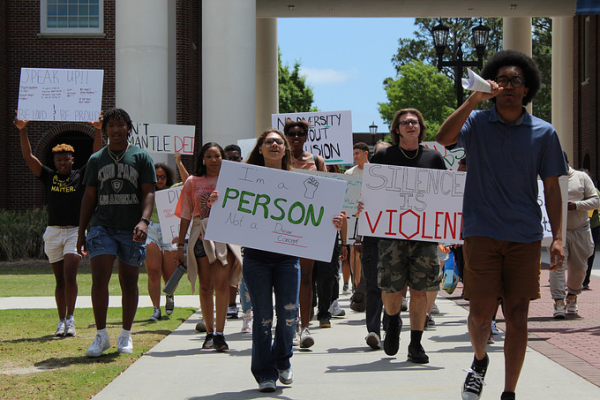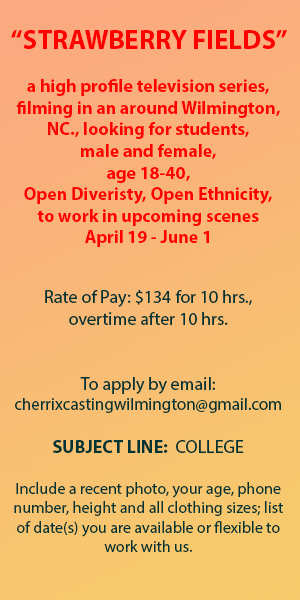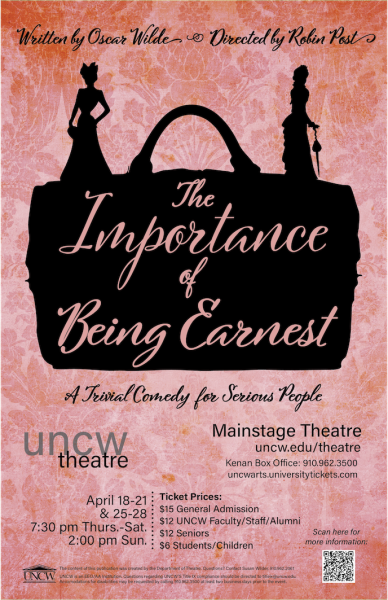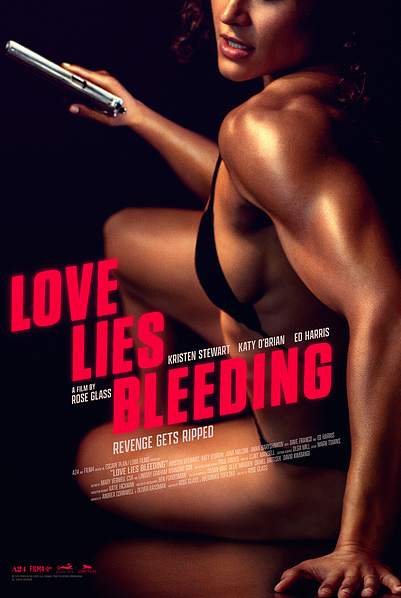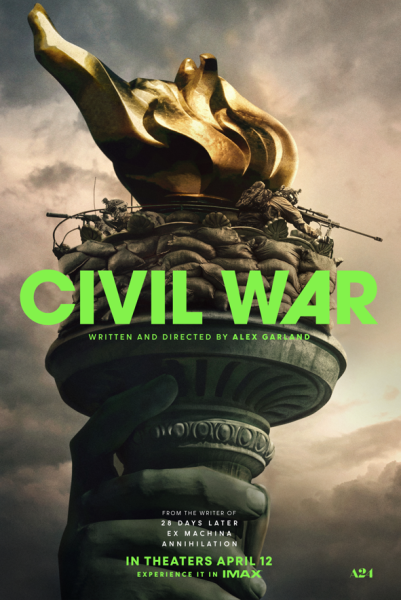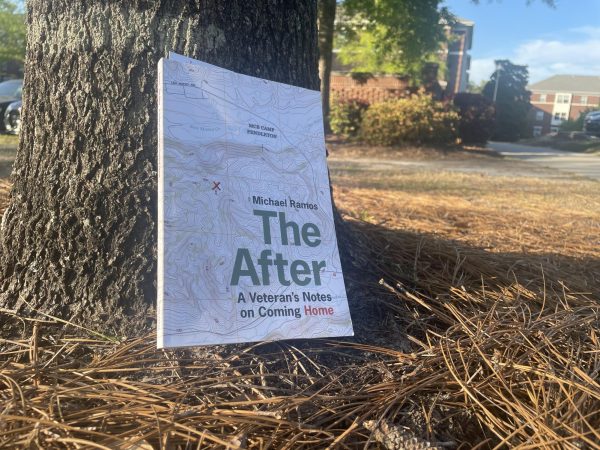REVIEW: Hip-hop heartthrob wallows some more, steps up his game
January 11, 2012
Heart-on-sleeve confessional lyrics used to be considered an intrinsically female mode. Their frequent resemblance to dreary diary entries, void of poetic sensibility and full of self-pity, meant that they were (and still are) frowned upon by many. Traditionally, rap lyrics have been extremely preoccupied with (mis)representation, boasting essentials generally constricted to Benjamins, bitches and bullets. Hip-hop, then, seemed the least likely genre to adopt the stylistics of the confessional lyric. Enter Kanye West, who carves a career out of equal parts megalomania and self-loathing. While West is unlikely to give up the mantle anytime soon, Drizzy remains a sufficiently competent and contradictory candidate.
“Shot For Me” is the most glaring example of Drake’s alternation between braggadocio and ex-boyfriend grumbling on “Take Care,” and possibly the best track off the album. He spends the first verse singling out “Alisha, Catya,” shaming the women for dumping him and declaring himself the defining influence of their personalities (“First I made you who you are/Then I made it”).
By the second verse, Drake is missing his potential Mrs. and trying desperately to convince her that he did not stray back in the day. Add melodramatic yet sombre synths and a chorus featuring some of Drake’s most soulful crooning, and you have an excellent study in OTT self-importance. “Marvin’s Room” finds Drake stranded in a club, all dolled up with no one to go home to, so he makes the wise decision to call his ex and tell her to “F*** that n**** that you love so bad/I know you still think about the times we had.” Drake maintains the same winning formula of a foul-mouthed lothario turned vulnerable boy next door and back again on “Cameras/Good Ones Go” and “Doing It Wrong”.
His most convincing stab at thug is “We’ll Be Fine,” carried by a swaggering beat and a matching slinky bass line. Fortunately, he forgoes aggro posturing about slinging drugs and guns and sticks to hating on haters and loving up the women. Another highlight, “Crew Love”, also discusses the haters. The track features R&B outfit The Weeknd who calls out copycats and admonishes them for singing along. What saves the song from being merely one more exercise in bragging is the exquisite production, the eminent contrast between pained vocals and moody keyboards interrupted by a manic whiplash high-hat. “Crew Love” represents the upgrade in production of “Take Care” as a whole; it retains the atmospherics and sparseness of “Thank Me Later” while adding both more darkness and sheen.
On “Crew Love,” The Weeknd contributes the only truly indispensable cameo. Rihanna returns the favor for “What’s My Name?” on the title track “Take Care,” an out-of-place and somewhat tedious house/tropicália number. “Make Me Proud,” lyrically a follow-up to “Fancy” and its praise of book- and street-smart women, remains oddly robotic, and Nicki Minaj’s staccato verse doesn’t help matters. Lil’ Wayne, mentor to Drake, frequents two tracks, “The Real Her” and “HYFR (Hell Ya F***ing Right),” both filler scraps.
Length is an issue on “Take Care.” Seventeen songs amount to 80 minutes which adds up to a bottom-heavy album. The last five cuts are also the weakest, and they could easily have been saved for future re-issues. While Drake will probably never learn to curb his oversharing, and nor should he, a lesson or two in editing should definitely be on the man’s to do list. Had he tightened up the track list and resisted the urge to get chummy with other rappers in the studio, “Take Care” could have been a potential classic rather than merely a great album with a first-rate production.
